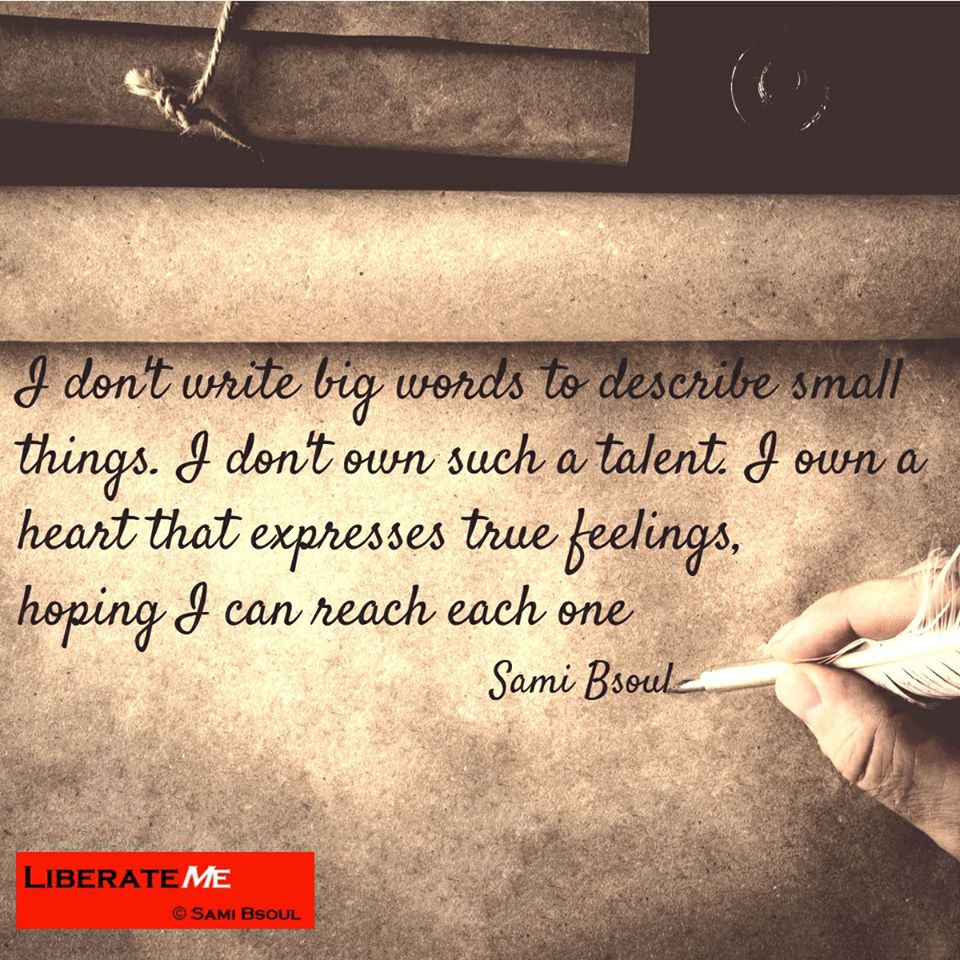Interview Preparation Essential
Interview Preparation Essential
Must-Read Tips to Help You Pass Your Next Job Interview
Part 1
By Sami Bsoul
Have you ever experienced an interview that changed your life forever?
One hour can be all it takes to determine your future success. The aim of this article is to help you prepare for those critical moments, by providing you with the tools and knowledge needed to overcome any challenges you may encounter during an interview.
While every interview is unique, this article focuses on the most important questions that you may face and how you can effectively respond to them. Even if your interviewer or future employer phrases their questions differently, the strategies presented in this article will help you measure your performance and present yourself in the best possible light.
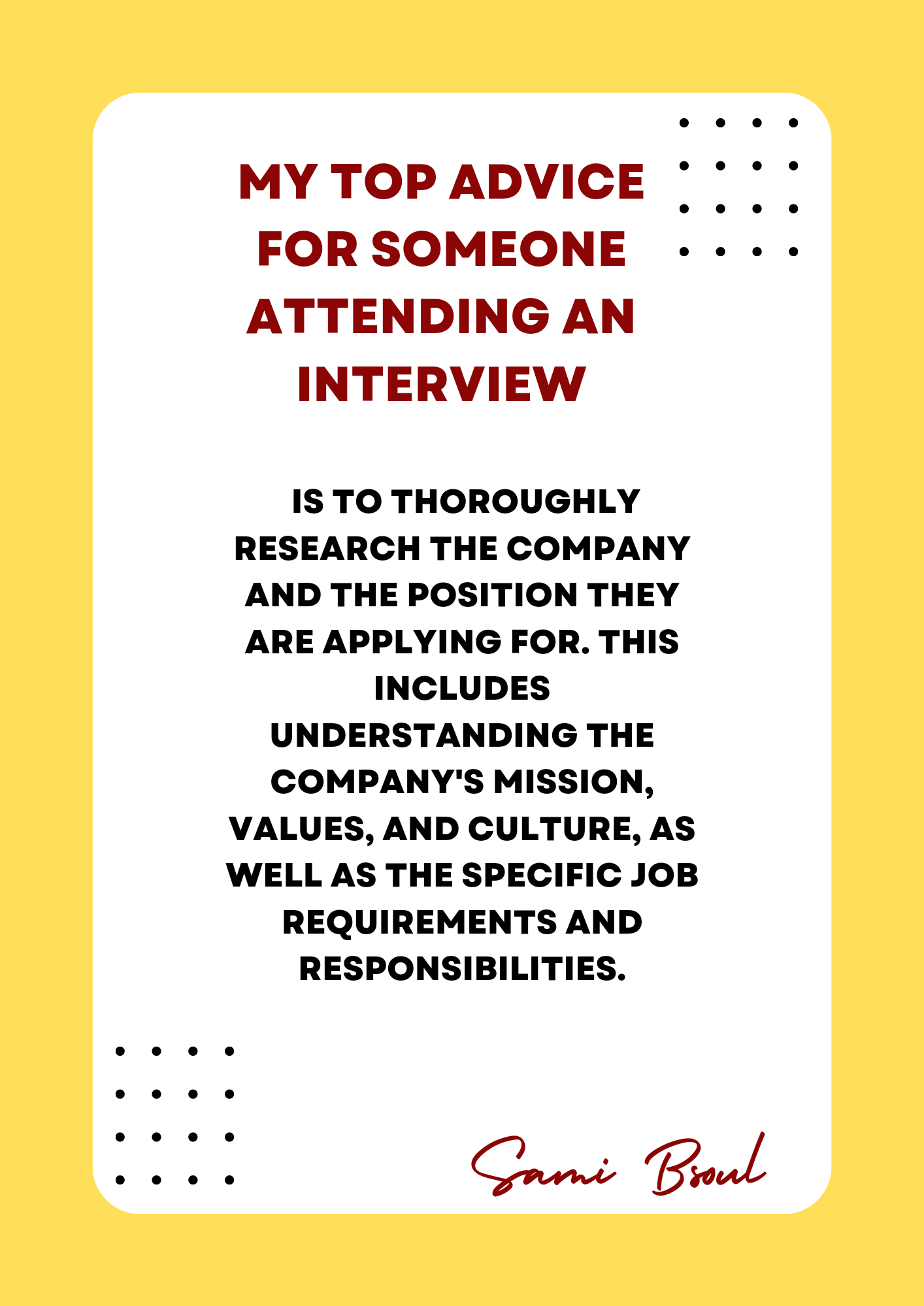
Most books and web pages on this topic fail to capture the importance of small details, which can make a significant difference during an interview. This article takes a different approach, emphasizing the importance of these often-overlooked elements and
providing practical guidance on how to handle them.
Before we dive into interview preparation, I want to stress the importance of the Three Ps of Interview Success: Preparation, Practice, and Presentation. These three elements are vital to making a great impression on your interviewer.
Preparation is all about doing your homework on the company and role you're interviewing for. Take the time to research their values, mission, and history. Understand the job requirements and responsibilities so you can speak to your relevant experience during the interview.
Practice is equally important. Rehearsing potential interview questions and preparing examples of your previous achievements will help you to feel more confident and prepared on the day of the interview.
Lastly, presentation is key. You want to showcase your skills and experience and demonstrate your enthusiasm for the company and the role. This means dressing appropriately, making eye contact, and being engaged throughout the interview.
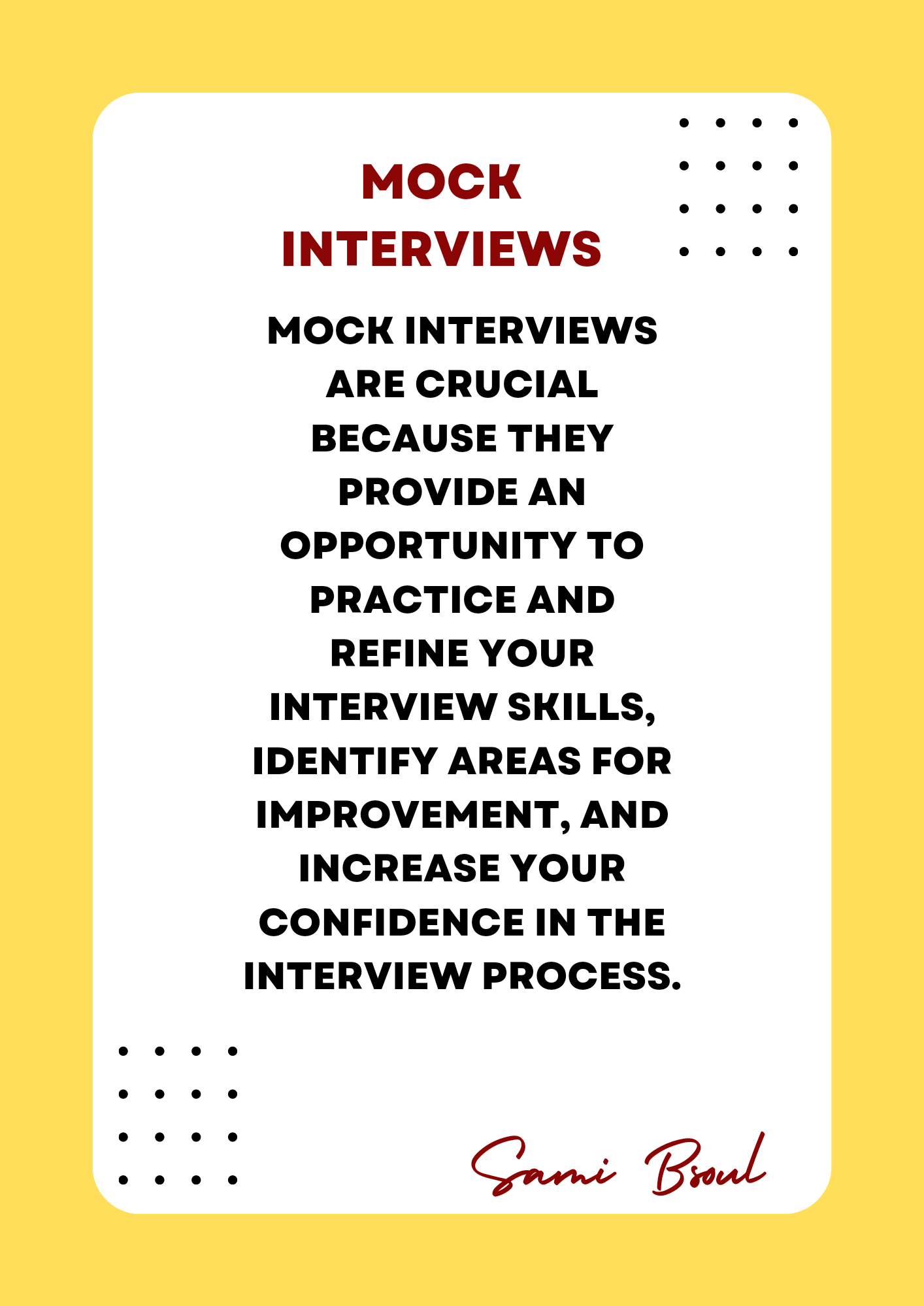
Mock interviews are an excellent way to practice and prepare for the real interview. This involves simulating an interview with a mock interview professional or career counselor and answering potential interview questions as you would in a real interview. In addition to providing an opportunity to practice and refine interview skills, mock interviews also allow candidates to receive valuable feedback from the interviewer or practice partner. This feedback can help identify areas where the candidate may need improvement and offer suggestions for how to strengthen their interview performance. Incorporating feedback into the future actual interview can ultimately increase the candidate's chances of success in obtaining the desired position.
By focusing on these three elements and practicing as much as possible, you'll be better equipped to handle any surprises that may come up during the actual interview.
As a motivational and inspirational author, I believe that creativity is essential to success. Companies looking for exceptional individuals should also strive to be exceptional themselves. Standardized tests only identify standardized people, while creative individuals should be measured in creative ways. Companies that recognize this fact and embrace a new generation of creative thinkers will be the ones to succeed in the future.
In this article, you will find questions that closely examine your individual motivation, inspiration, and the results you can bring to a company. It is important to be yourself and to approach these questions with honesty and creativity. Remember, you are not a superhero coming to save the company, but a unique and talented individual with a lot to offer.
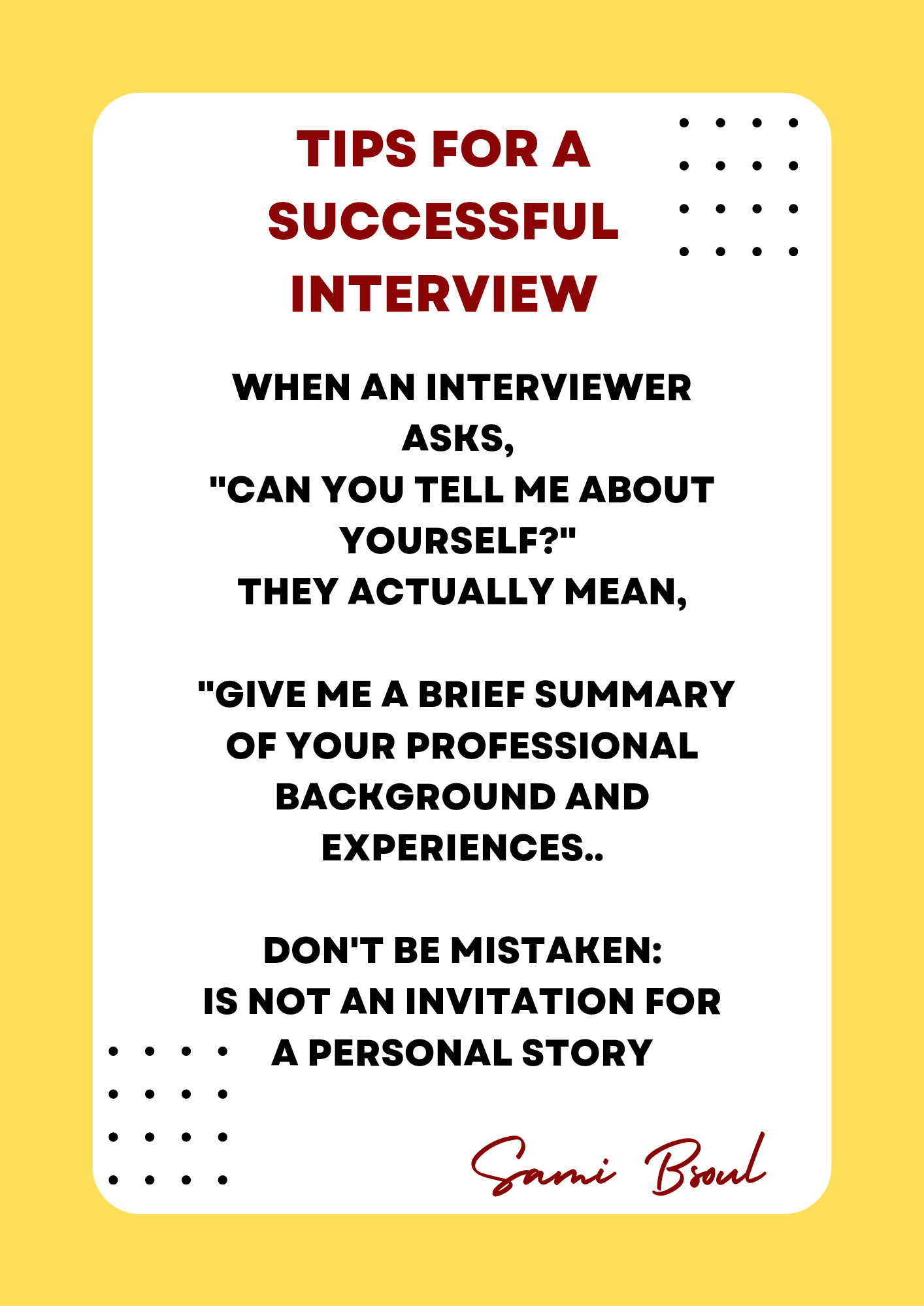
Keep in mind that each interview is different, and the strategies presented in this article are intended to guide you towards success, but are not a guarantee; only, with the right preparation, mindset, and approach, you can overcome any challenge and seize the opportunities that come your way.
Note 1: One of the most significant challenges of an interview is presenting yourself in the best possible light while still being authentic. You want to highlight your strengths, experiences, and skills, but you also want to be honest and genuine. This article provides you with the tools to strike a balance between these two, by guiding you on how to craft compelling answers that showcase your abilities while remaining true to yourself.
Note 2: Another critical aspect of interviewing, is managing your nerves and anxiety. Even the most confident candidates can struggle with the pressure of an interview, but it is essential to keep your nerves in check to perform your best. This article offers practical advice on how to manage interview anxiety, including tips on how to prepare mentally and emotionally, how to project confidence and composure, and how to maintain a positive attitude throughout the process. By following these strategies, you can feel more confident, relaxed, and focused during your interview, increasing your chances of success.
You do not need to invent anything new in order to be able to answer the interviewer's questions. Almost every single blog or book is telling you how you should react during a job interview, but none provides you with real clear answers on how actually the answers should look like. None provides you practical answers to various questions without going around the bush. All they provide are vague explanations, and after you read their blog or book, they send you to figure it out all by yourself.
It is claimed that it is hard to provide real answers because every job interview is different. Well, this statement might be true to a certain degree, nevertheless, practical and absolute answers can still be provided to you as a real example to beat any interview successfully. Real examples with defined answers are by choice better than vague explanations. Each interview contains real questions, then why should it be hard for you to find evident answers for these questions? My answer: it should not.
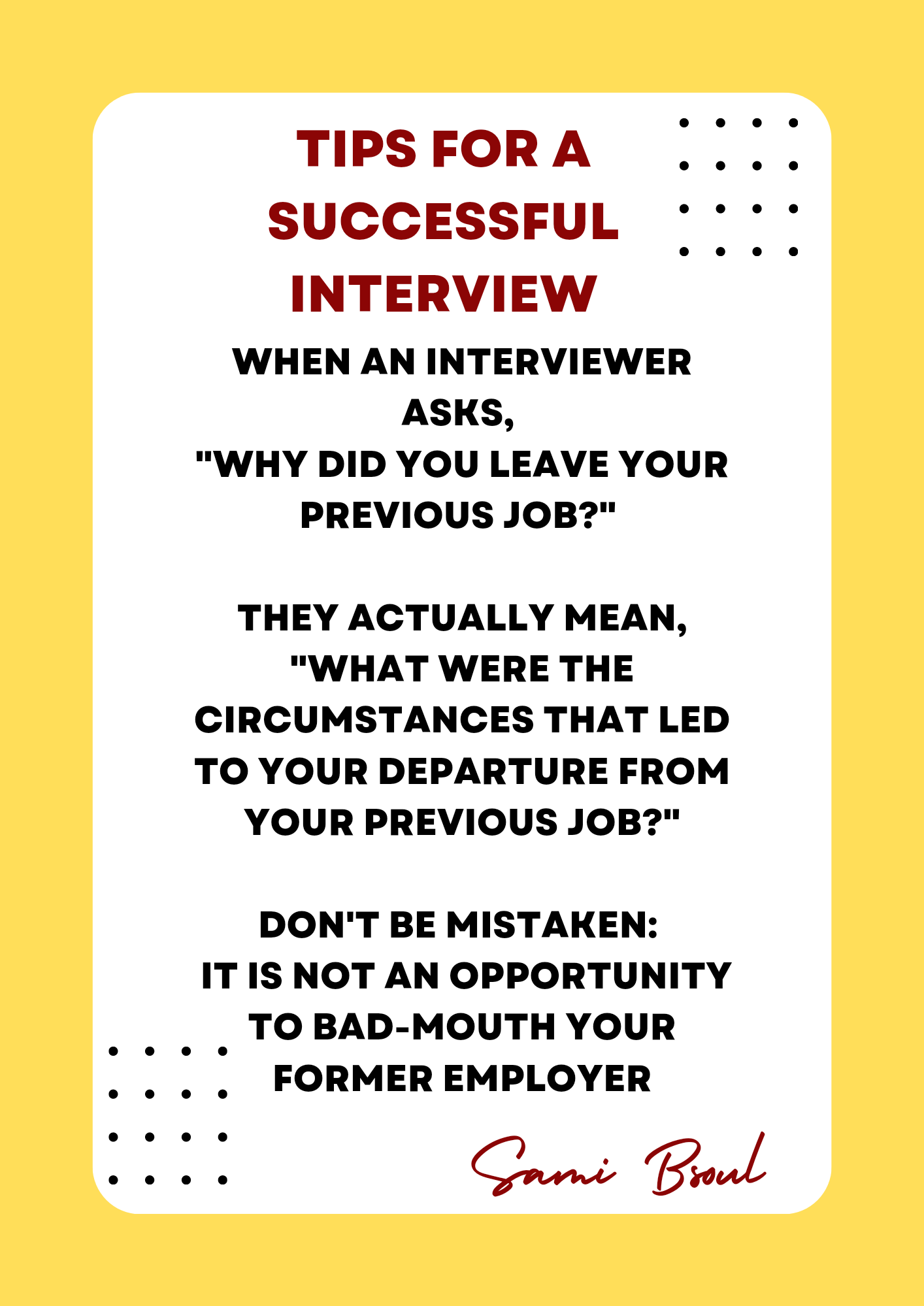
In this article, you will find templates of answers to be used wherever and whenever relevant. You will also find important notes marked all the way between each chapter. Pay attention to those notes. Fair enough for all parties, all you need is to answer what you have been asked about only: Human Resources (HR) and interviewer questions are subject matters for specific issues, so you do not need to tell more than what the question is specified for. HR and interviewer questions are specific inquiries that require from you a specific reply, not a story. HR and interviewer questions are systematic instances that require factuality and certainty of existence, so do not provide a piece of fiction. HR and interviewer questions are formal conductions looking for your accuracy, so give a straightforward answer and do not beat around the bush.
Note 3: It is important to keep in mind that the interviewer is also a human being, just like you. They are not there to intimidate you or make you feel uncomfortable. They want to see the best version of you and to assess whether you are a good fit for the position and the company culture. Try to establish a connection with the interviewer and show them that you are confident, professional, and enthusiastic about the opportunity.
Note 4: Another crucial factor to consider is the power of body language. Your body language can convey a lot of information about your confidence, sincerity, and attitude. Be aware of your posture, eye contact, facial expressions, and gestures during the interview. Avoid fidgeting, slouching, or crossing your arms, as these may indicate nervousness or defensiveness. Instead, sit upright, make eye contact, smile, and use appropriate hand gestures to emphasize your points. Your body language can complement your verbal answers and leave a lasting impression on the interviewer.
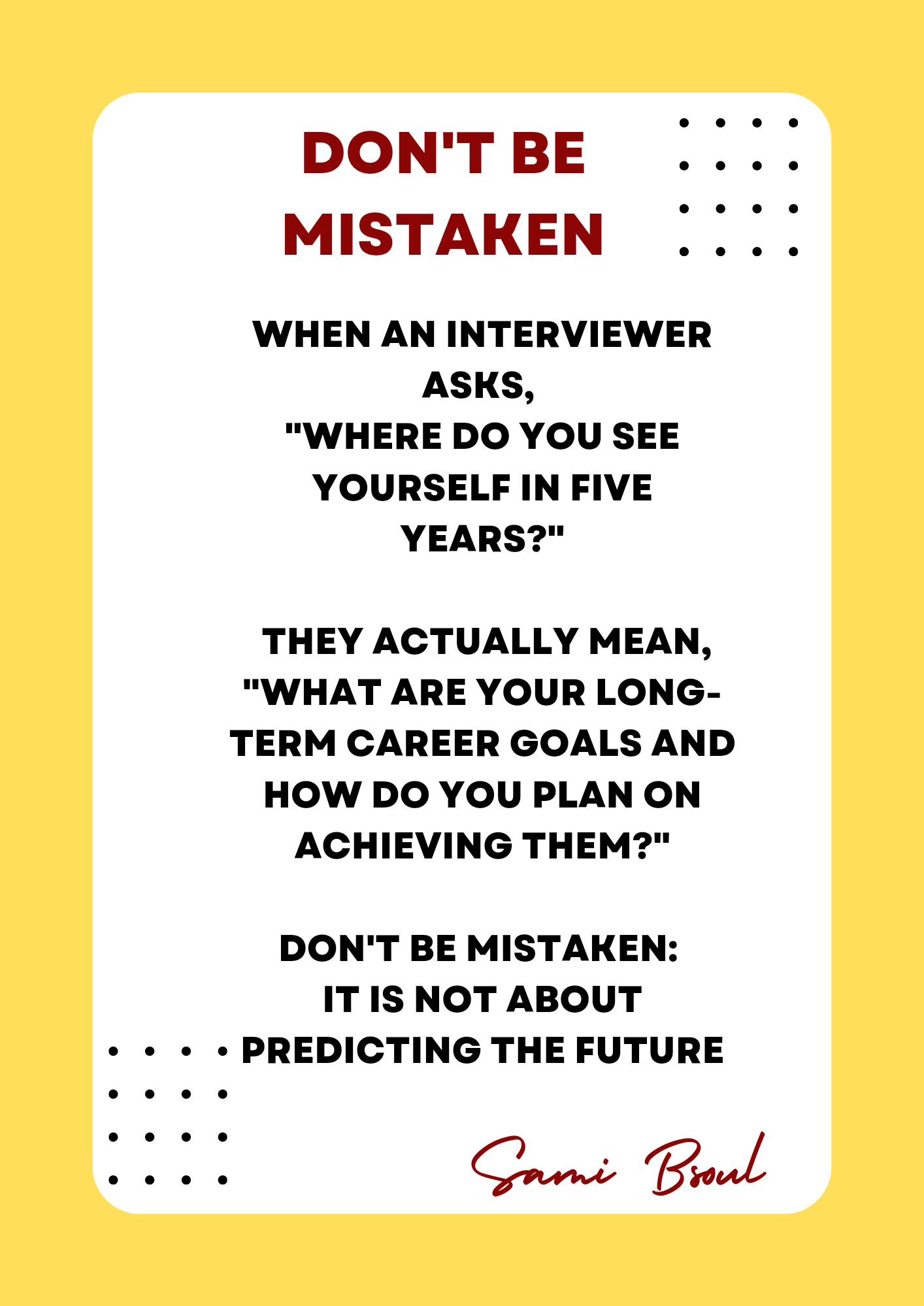
My Best Advice
When you discover what you're good at, it's natural to want to stick with it. That's why, before attending a job interview, it's important to remain focused on your goal. Don't be easily impressed by words, and don't rely solely on the advice of two particular groups of people.
The first group is made up of those who claim that job interviews are easy and that you can simply walk in and get the job. However, most likely, this group passed their interviews with sweat and stress, and they are now overconfident in their abilities. They may even make jokes about the idea of preparing for an interview. Do not listen to these false claims. Instead, prepare yourself well for the interview to increase your chances of landing your dream job.
The second group consists of people who have not experienced any additional interviews since they got their current job many years ago. They may have no idea about the current job market or the requirements of other companies. They have no right to de-motivate you, especially if they have only had one interview in their life years ago. They are sitting comfortably in their current position, and as a result, they may not be the best people to listen to or take advice from. They may have gained power but not necessarily skills over the years. Therefore, it's crucial not to rely on these people as your advisors.
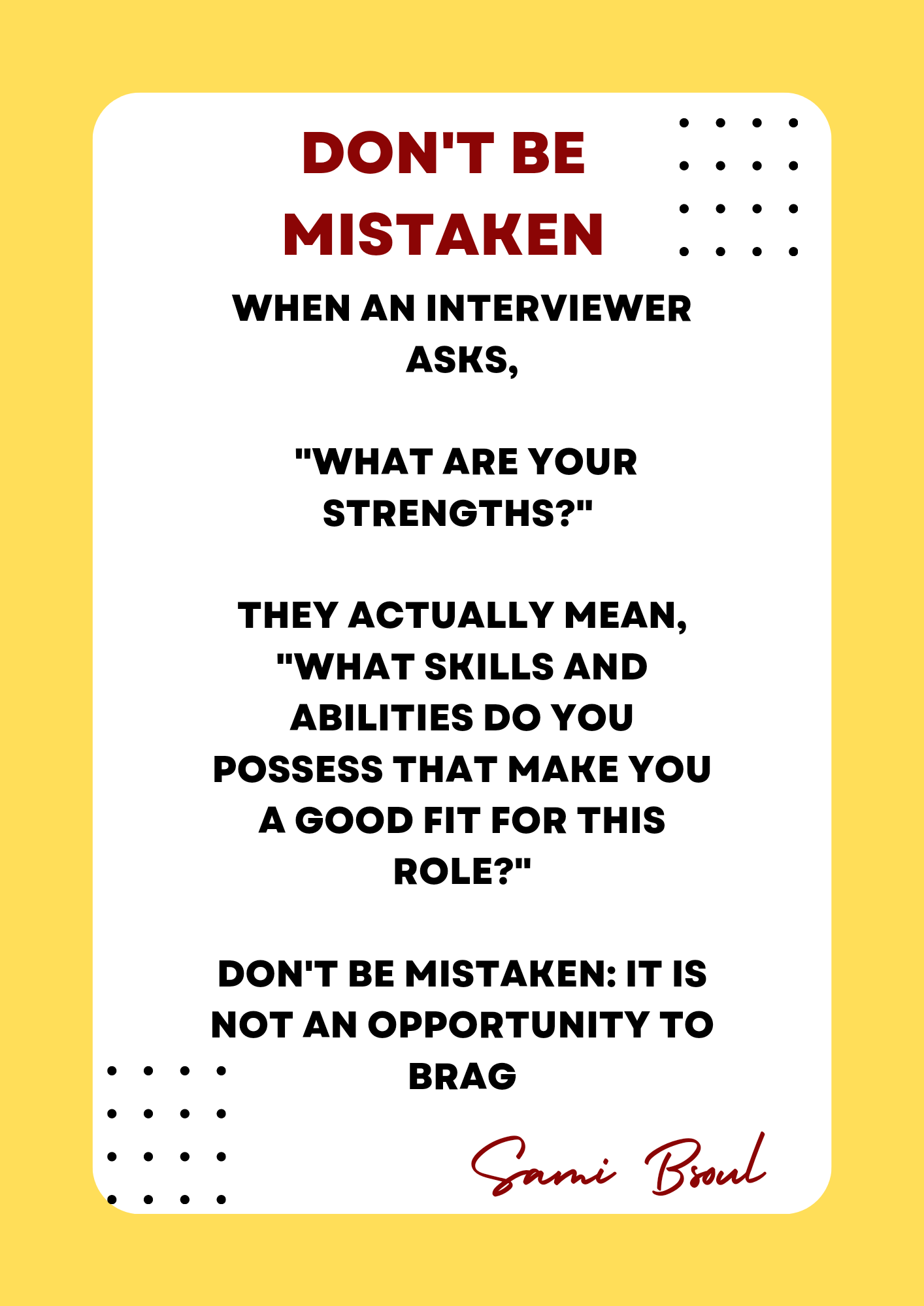
When preparing for a job interview, it is also important to be familiar with the company culture. You should research the company's values, mission, and vision statements, as well as their history and recent news. This information will not only help you answer questions more effectively during the interview, but it will also give you a better sense of whether the company is a good fit for you. After all, you want to make sure that the company's values and culture align with your own.
Another important aspect of preparing for a job interview is practicing your responses to common interview questions (but I will come to all these in this article). You should prepare answers to questions like "tell me about yourself," "why are you interested in this position," and "what are your strengths and weaknesses." You should also be prepared to discuss your previous work experience and how it relates to the position you are applying for. Practicing your responses ahead of time can help you feel more confident and prepared during the actual interview. Remember, the more prepared you are, the more likely you are to make a positive impression on the interviewer and increase your chances of landing the job.
Note 5: Recruiters, whether they are from the company or recruiting agencies, will focus on your overall perception of the company's business and your career plans. They will also assess your understanding of the local and global business markets. Therefore, they will ask specific questions about the position you are applying for and your motivations to get it. They play a critical role in the hiring process, as they are the first to review your profile and decide whether to move your application forward to the hiring manager. Hence, it is essential not to underestimate the importance of impressing them.
To increase your chances of success, you must prepare thoroughly for the interview. Research the company's business operations, including its advantages and pitfalls. Try to identify who will be interviewing you and to whom you will be reporting. This information will help you tailor your responses to their expectations and demonstrate your interest in the company. Remember, recruiters are your gateway to the job, so make sure you leave a positive impression on them.
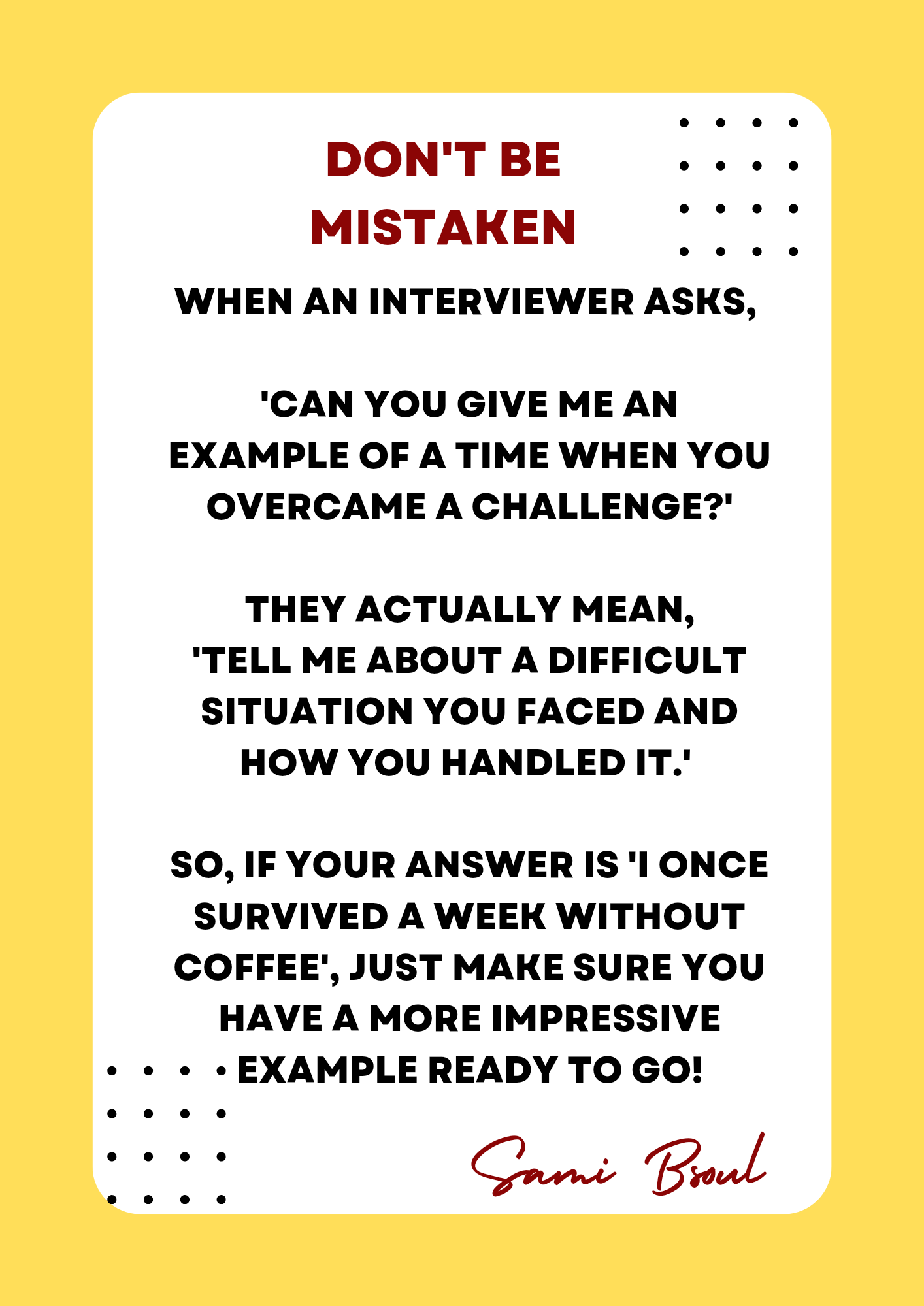
No Beating Around the Bush
This article doesn't beat around the bush. It goes straight to the tough questions at the top of the interview. For each question, it provides a clear answer, along with practical tips to increase your chances of success. When responding to questions, it's important to be concise and direct. Over-explaining can cause both you and the interviewer to become exhausted and lose focus.
To avoid this situation, remember two things:
First, answer directly without taking on the role of the interviewer.
Second, let the interviewer lead the conversation, and if they want to ask follow-up questions, they will. For example, a common question you will always be asked is, "Where do you see yourself in five years?" While there's no need to memorize a specific answer, it's helpful to have an idea of what a good response might look like.
It's a difficult question to answer, but honesty is the best policy. No one knows what will happen in five years, but your interviewer wants to see your confidence, ambition, and focus. They want to see your ability to set goals and follow through on them. Your response should be brief, precise, and confident. For example, you could say, "I am passionate about the role I am applying for, and I am looking forward to taking my career to the next level within [company name you are about to work for]. I see myself developing within the role, gaining new experiences, and gradually taking on more responsibilities within my team or the company."
In short, it's not about finding the one "best" answer, as every person's situation and goals are unique. However, a strong answer to this question typically includes expressing a desire to grow and develop within the company, while also acknowledging that unforeseen circumstances can impact one's plans. For example: "In five years, I see myself having made significant contributions to this company and having taken on additional responsibilities. However, I also recognize that unforeseen opportunities or challenges may arise, and I'm open to adjusting my goals and plans accordingly." This answer demonstrates ambition and a commitment to the company, while also being realistic and adaptable.
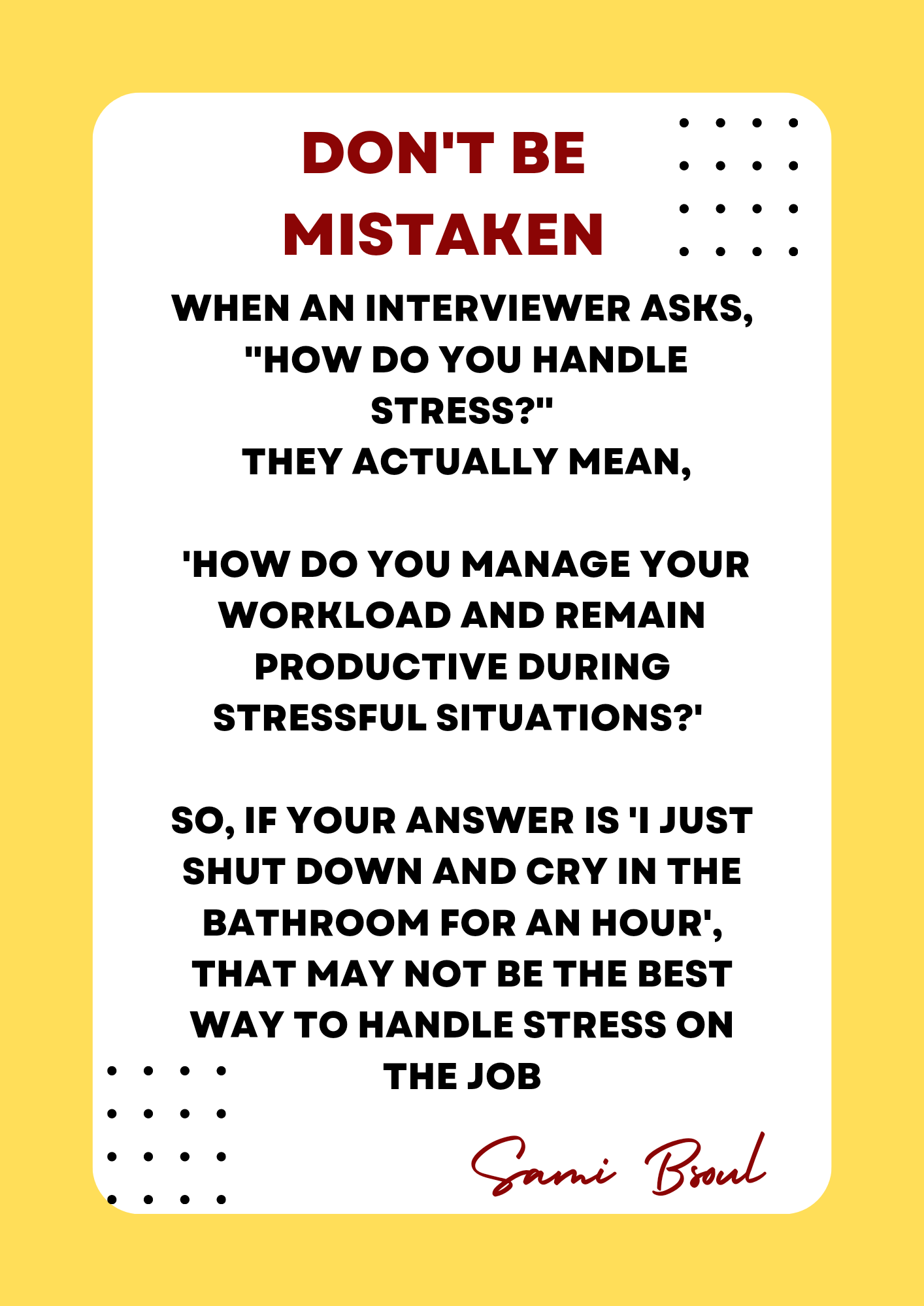
Remember, the purpose of this article is not to teach you how to memorize answers. Instead, it provides real-life examples of how to approach different questions. For instance, when answering questions about why you left your previous job, be honest but concise. You might say, "There were several factors, but primarily because the company had limited opportunities for growth." It's important to keep your responses focused and relevant to the question at hand. By doing so, you'll be better prepared to impress your interviewer and land the job.
So, best approach would be to focus on the positive aspects of your previous job while still addressing why you left. For example:
"I had a great experience at my previous job and learned a lot, but I felt that I had reached the limit of growth opportunities within the company. I am looking for a new challenge and the chance to continue developing my skills, and that's why I am excited about the opportunity to work for this company."
This response acknowledges the positives of your previous job while also emphasizing your desire for growth and development, which aligns with the goals of most employers. It's important to be honest about why you left your previous job, but framing it in a positive way can help to demonstrate your professionalism and maturity.
At this point, you stop. You do not continue to articulate or express any segments. The ball is now in your interviewer's court, and they will decide what they want to hear more about the question. If you feel uncomfortable answering it, be honest and tell them directly that this question makes you uncomfortable and is not easy for you to answer, but you will try your best. Make your point clear and wait for your interviewer's response. If asked for more details, keep your answer brief and relevant to the question's attributes, and state it with facts. Don't be too relaxed, never lie, and don't provide details that are unlike the truth in nature, form, or degree. Your answer should not be distinctly separated from the truth. Also, don't give too much information, as some people make incorrect statements when they talk too much. By talking too much, they may unintentionally disclose something they didn't mean to at first. Neither you nor I can know what your interviewer wants to know exactly. So the best advice is to be honest, patient, and never try to predict your interviewer's questions in advance. Wait for the questions, and don't talk too much just to fill the air, as it may backfire.
The biggest mistakes you can make during an interview are to start talking and predicting your interviewer's questions. Never interrupt the interviewer in the middle of a question as you may not understand their intentions clearly.
I cannot emphasize this enough: It's important to be honest and concise when answering questions about why you left your previous job. It's also important to avoid giving too much information or making false statements. Waiting for the interviewer to finish their question and understanding their intention is crucial to providing an appropriate response. Predicting their questions or jumping in the middle of their question can create misunderstandings and reflect poorly on the candidate.
Note 6: When answering a question, it's important to remember that the interviewer is not just looking for a simple answer but is also evaluating your thought process and communication skills. So, make sure to explain your reasoning behind your answer and provide examples to support it. This will not only show that you have a clear understanding of the topic but also demonstrate your ability to articulate your thoughts effectively.
Just as question example: Can you describe a time when you had to deal with a difficult customer, and how did you handle the situation?
You would for example say: I had a customer who was very upset, because they received a defective product. I empathized with their frustration and offered to replace the product or give them a refund. I also made sure to listen to their concerns and provide a clear explanation of our return policy. By being patient and understanding, I was able to diffuse the situation and provide a satisfactory solution for the customer.
Note 7: Always try to maintain a positive attitude and show enthusiasm towards the job and the company. Employers want to hire someone who is not only qualified for the position but also genuinely interested in the work. So, do some research about the company before the interview and come prepared with thoughtful questions to ask. This will not only help you stand out from other candidates but also show that you are genuinely interested in the opportunity.
Another example (but I will come to this again in next chapters): What are your weaknesses, and how have you tried to improve upon them?
You would say: One of my weaknesses is public speaking. However, I have been actively working on this by joining a public speaking club and practicing my skills. I also take any opportunity to speak in front of others, such as presenting at team meetings or volunteering to speak at conferences. By consistently challenging myself in this area, I have seen improvement and am more confident in my ability to communicate effectively in front of others.
You can continue reading here: Small Details Matter
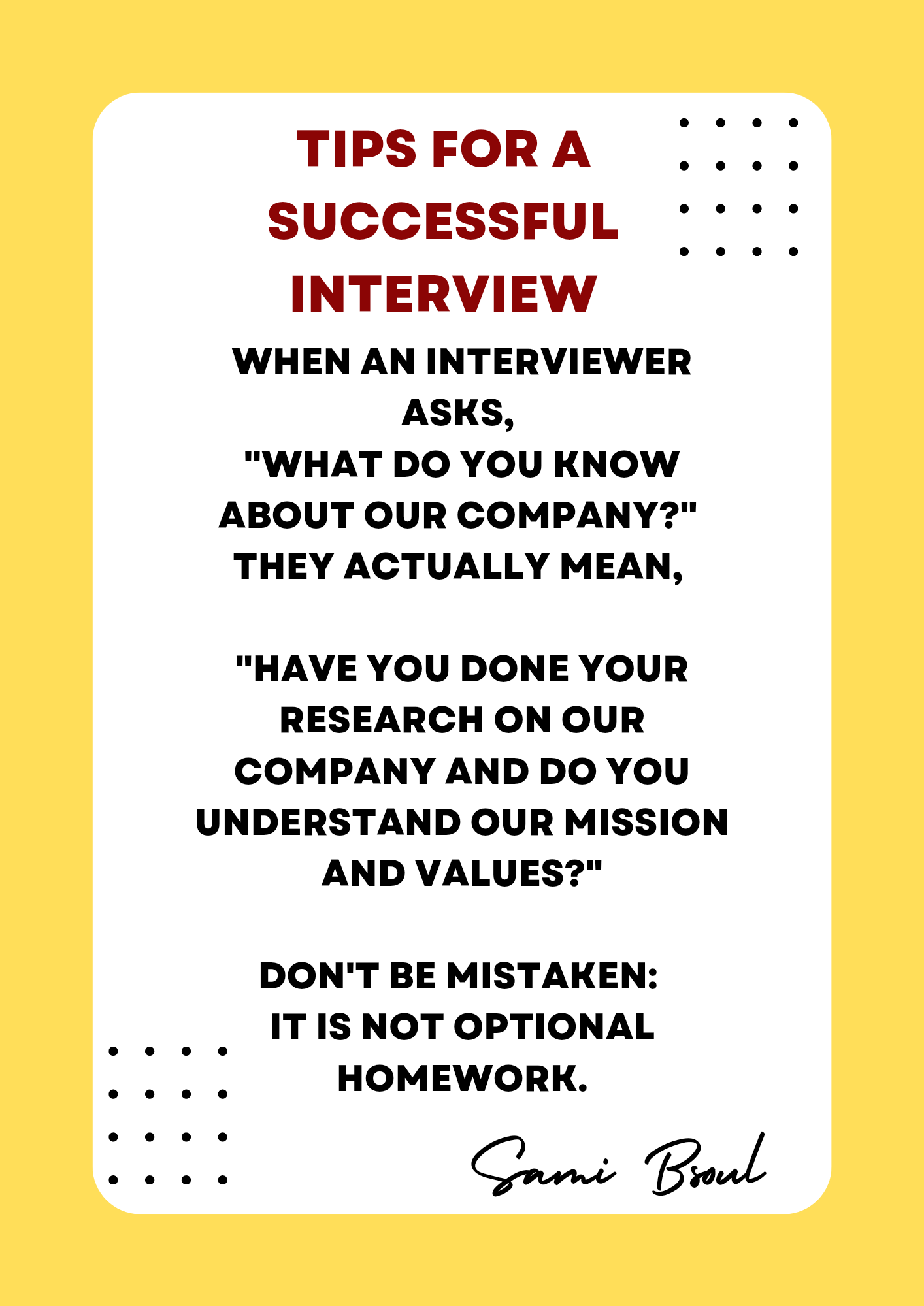
© Samibsoul.com 2023

